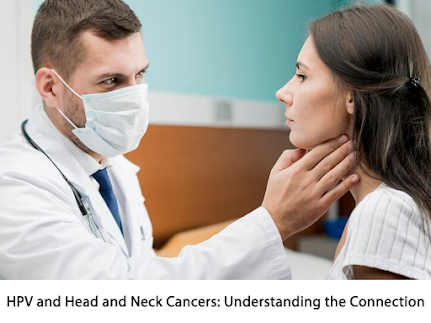Targeted Therapy for Laryngeal Cancer

Laryngeal cancer affects the voice box, vital for speaking and breathing. It occurs when abnormal cells grow uncontrollably in the larynx, leading to the formation of tumours. Smoking, excessive alcohol intake and exposure to certain chemicals increase the risk of developing this type of cancer. Read till the end to learn more about laryngeal cancer and treatment options in this field from a leading head and neck cancer doctor in Kolkata . Traditional Treatments and Their Limitations Traditionally, treatments for laryngeal cancer include surgery, radiation therapy and chemotherapy. While these methods can be effective, they may also cause side effects such as difficulty swallowing, voice changes and damage to nearby tissues. Targeted Therapy: A Promising Approach Targeted therapy is a newer treatment option for laryngeal cancer. The top cancer doctor in Kolkata uses it to attack specific abnormalities within cancer cells while minimizing damage to healthy cells. Unlike chemotherapy





.jpg)